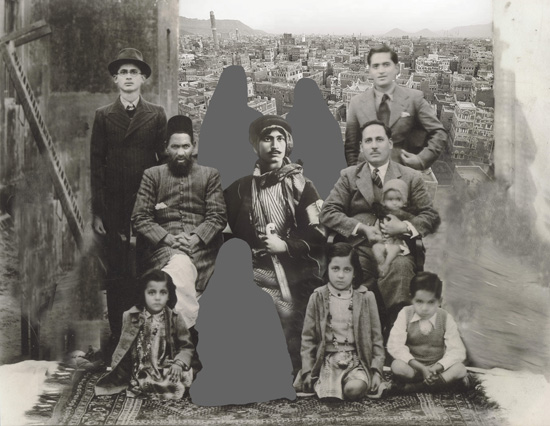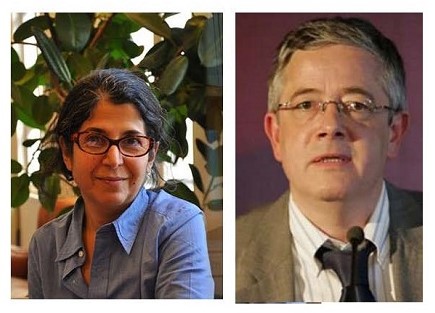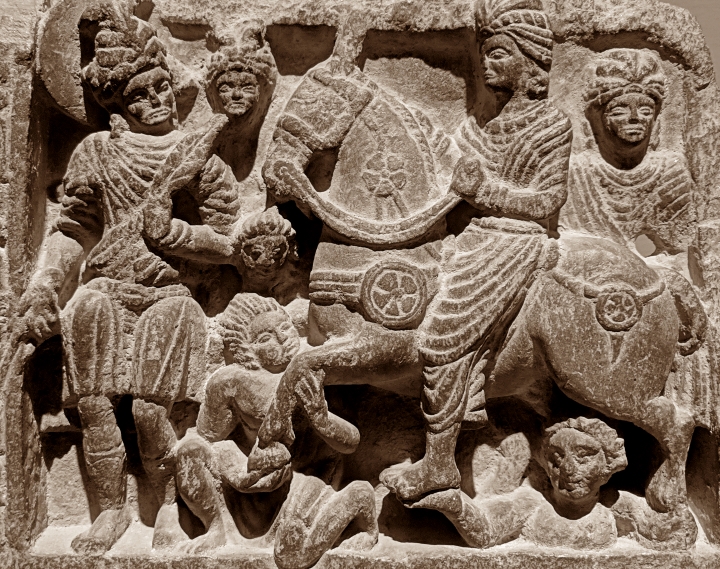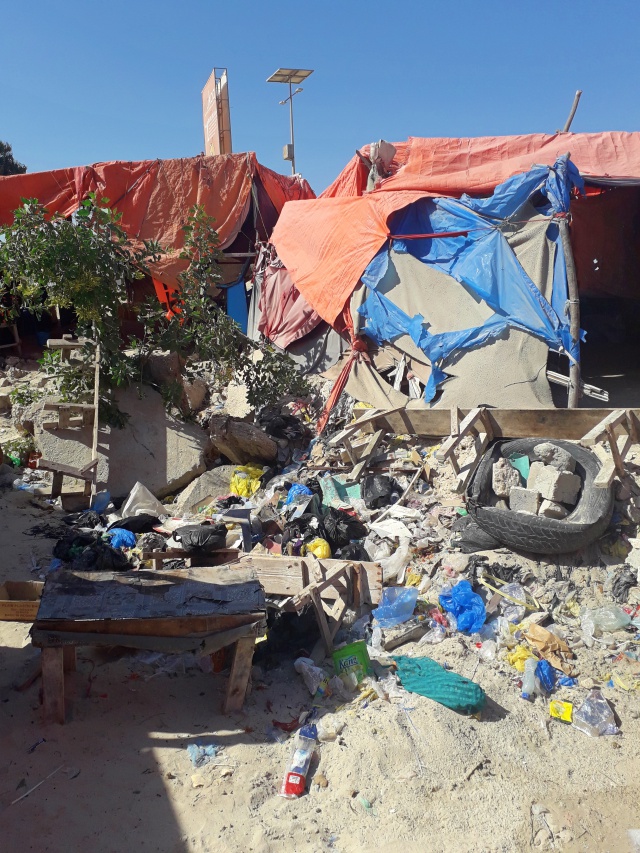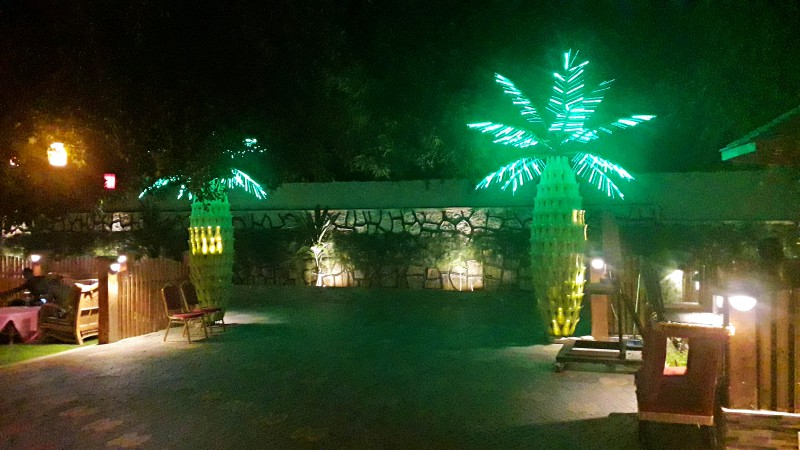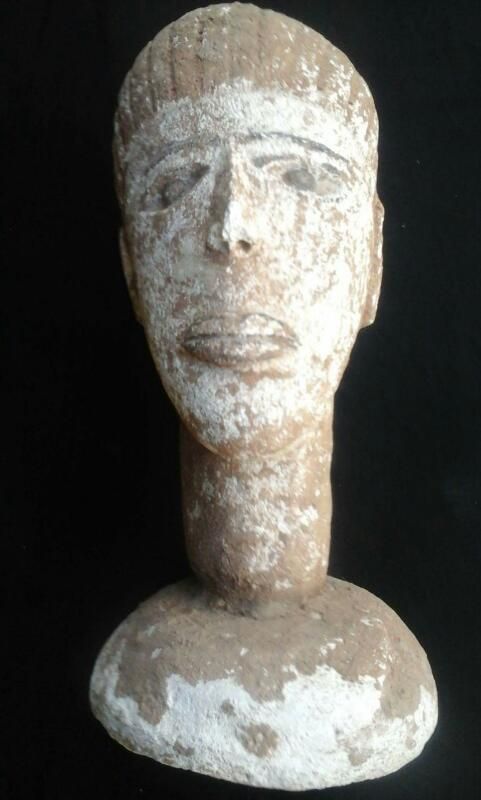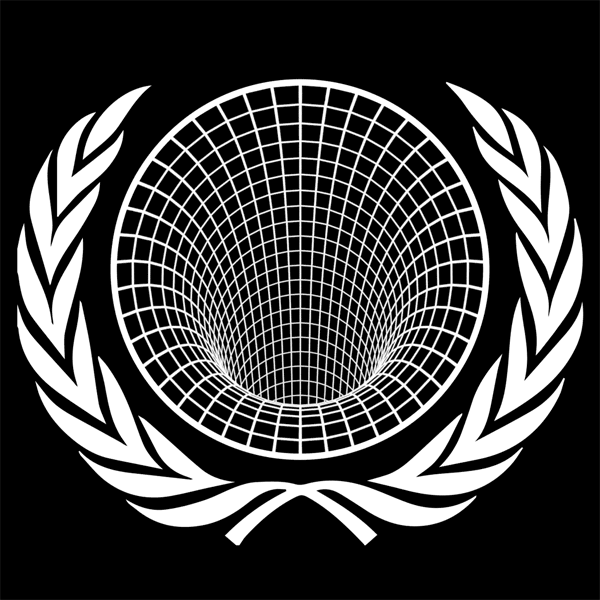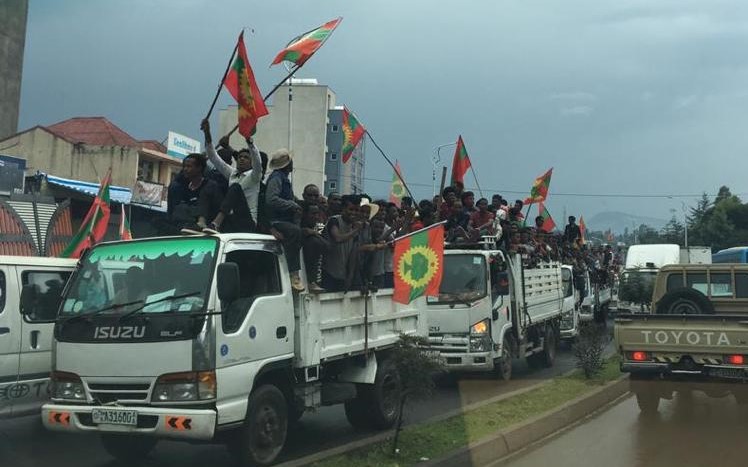This article was reposted by the International Humanitarian Studies Association
This morning I spoke with an evidently motivated and capable, but thoroughly disheartened foreigner working on Somalia for an international agency. She had made great plans for the development of the sector she was entrusted with, but these had mostly come to nothing because of the non-cooperation of local authorities. Her activities were blocked by the national counterpart of her agency, which was a domestic institution which she herself had helped set up and fund. Protocol within her own organization made it mandatory for her to work through that agency which was blocking any chance for her to reach out to other prominent actors that she found worthy of support.
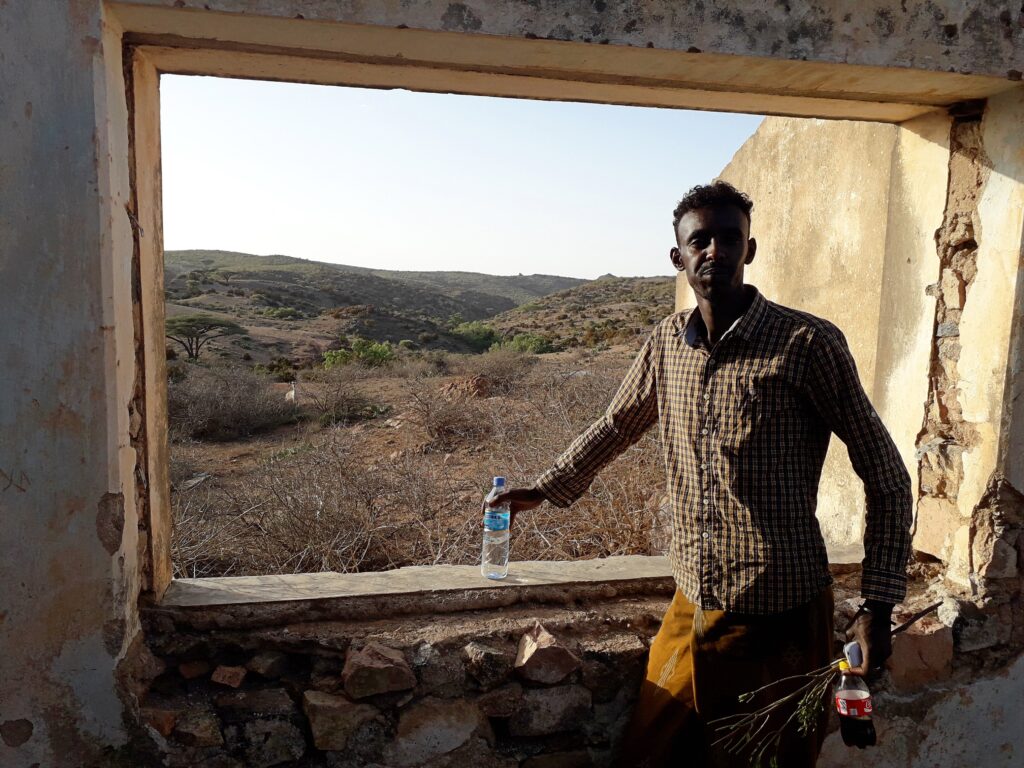
I’m currently staying in Mogadishu, Somalia, outside the heavily fortified airport – known as ‘MIA’ for Mogadishu International Airport by foreigners, and ‘Halane’ by Somalis – where foreigners invariably remain cloistered. I’m having conversations with artists, youth, cultural producers, local and national authorities and visiting the cultural sites of the capital. This is a particularly nice consultancy: a scoping study for a small European donor intent on spending its money smartly. Mogadishu is bursting with energy and full of promise. Because few foreigners leave MIA, and donors generally don’t place much confidence in what Somalis tell them, I’m enjoying being an observer with privileged access to my field of study, which is the same as that of the disillusioned international agency worker, whose access is barred by mostly bureaucratic reasons (no, it is not so unsafe in Mogadishu today). Here I will try to elucidate the nature of the problem she faces, which is encountered today by many aid workers; the roots of the problem lie in what I call an expectations gap.
Continue reading
